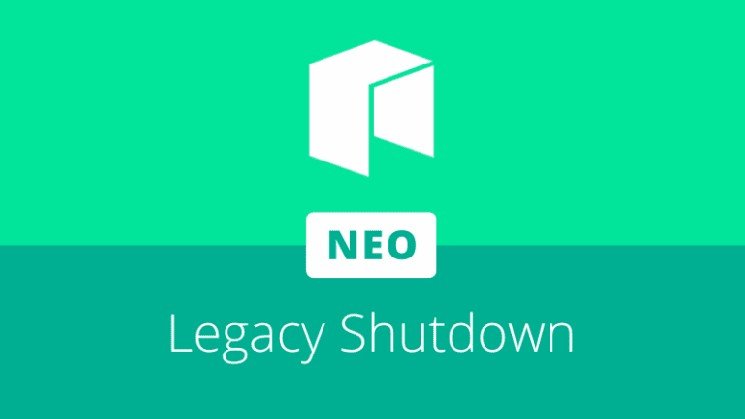Neo Legacy MainNet will be officially decommissioned on October 31, 2025, ending the nine-year operational period of the original Neo blockchain.
Before shutdown, a final snapshot of the Neo Legacy chain was taken to preserve the historical state. Users who did not migrate their assets to Neo N3 prior to the shutdown will still have the opportunity to do so in the future, but the post-shutdown migration process will rely on off-chain mechanisms and is expected to take significantly longer than the on-chain options available prior to deactivation.
The legacy network was shut down, but no assets were lost. We will soon announce off-chain migration plans for Neo Legacy holders. Note that off-chain migrations are not as convenient as on-chain migrations, but you can still recover your assets… https://t.co/5h1m26doZz
— Eric Zhang (@neoerikzhang) November 3, 2025
Neo Legacy has generated over 14 million blocks and processed over 281 million transactions over its lifetime. The network supported nearly 3 million unique addresses and facilitated the creation of 213 different asset categories. Serving as the foundational infrastructure for the early development of the Neo ecosystem, Neo Legacy played a central role in establishing the community and its core functionality.
Neo Legacy was succeeded by Neo N3 in June 2021. The upgraded protocol introduces a redesigned architecture featuring built-in oracles, on-chain governance, native decentralized storage, and enhanced smart contract performance. Due to the lack of backwards compatibility between Neo N3 and its predecessor, a dual-chain approach was maintained to provide users and developers with sufficient time to migrate their assets and applications. With Neo Legacy retired, ongoing development work is focused on Neo N3, including work on the next major protocol iteration, Neo v4.0.
Neo was originally founded in 2014 by Da Honfei and Erik Zhang under the name AntShares. AntShares MainNet was launched in October 2016 and focused on digital identities, digital assets, and smart contract execution. The project was rebranded to Neo in 2017 and began to expand globally. When development of Neo N3 began, the original chain was called Neo Legacy to reflect its status as an early protocol generation.


